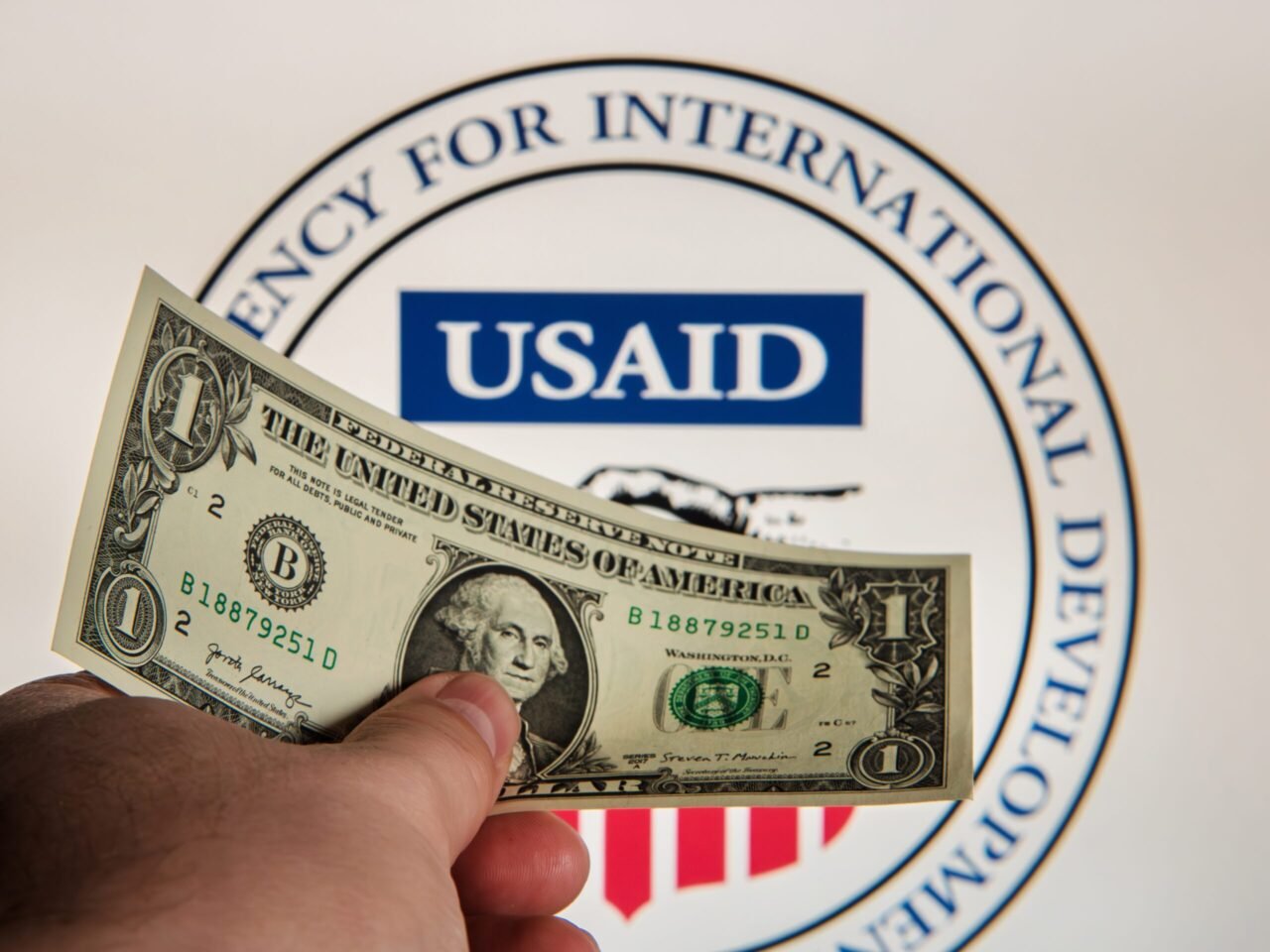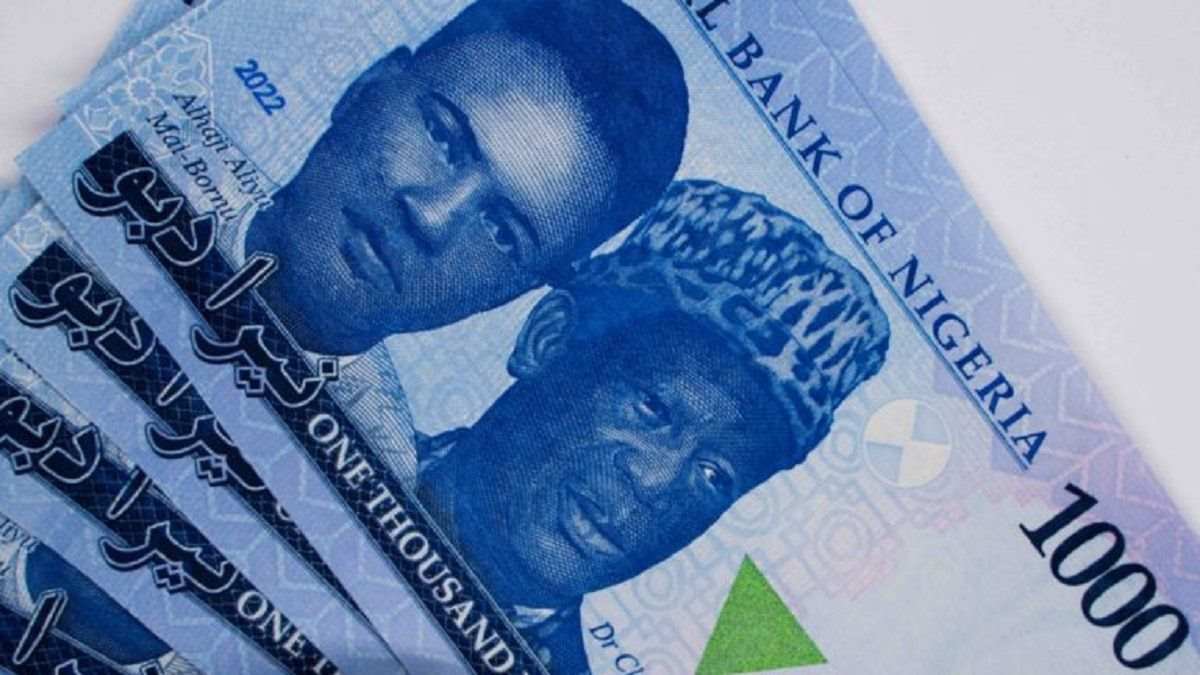From Iraq to Afghanistan, foreign aid has often deepened instability—we need a model based on entrepreneurship, not dependency.
Billions of dollars of US foreign aid are programmed each year to promote economic development, stability, and democracy. Yet time and again, these well-intentioned efforts fall short—often propping up corrupt elites, fueling inefficiency, and, in some cases, strengthening forces actively opposed to US interests. The time has come to rethink aid from the ground up as a focused tool for empowerment and strategic influence that changes lives on a massive scale with lesser costs.
The Trump administration’s executive order of January 2025 on reevaluating foreign assistance is a rare acknowledgment of what politicians on both sides of the aisle have argued for years: American aid is in desperate need of reform because it has become a bloated bureaucratic money pit.
Many countries see this as ideological overreach, further eroding trust and making American aid look detached from local realities.
The problem isn’t just inefficiency—it’s that aid, in its current form, can do more harm than good and undermine US political interests. We’ve seen US dollars funneled to the government in Iraq that is aligned with Iranian interests and to factions in Syria that ended up fighting each other. In some cases, American taxpayers have unwittingly financed both sides of a conflict.
For decades, these initiatives have often produced little more than a cycle of dependency. In Afghanistan, where the United States spent two decades and billions on “nation-building,” the democratic institutions collapsed overnight. But American civil society programs were never intended to defend the country against a military takeover by the Taliban. Iraq, where $140 billion in reconstruction efforts were supposed to foster stability, remains plagued by corruption and Iranian foreign influence.
And while aid agencies and non-governmental organizations (NGOs) continue to churn out reports promising progress, the reality on the ground tells a different story: fragile states remain fragile, and those in power get richer while ordinary people see little benefit.
In the near future, China could deploy rudimentary “space stalkers” to disable the West’s most critical satellites. The Space Force must quickly take steps to counteract this threat.
Trump likes to talk about a new golden age. But his tariffs threaten to tarnish it.
The Department of Defense and Wall Street can work together by harnessing the strength of American financial markets to rebuild defense manufacturing.
Worse, the NGOs that are supposed to fill gaps for a short period of time end up becoming more interested in their own survival and funding, fostering dependency and hindering local self-sufficiency.
But the answer isn’t to abandon aid altogether. It’s to fix it. The United States must move beyond the broken models of the past and embrace an approach centered on human agency, economic opportunity, and local ownership. Instead of bankrolling expensive Western organizations’ paychecks and leaving messes in their wake—we should invest in local innovators, entrepreneurs, and reformers—the people with the most at stake in their future.
Ideas Beyond Borders (IBB) offers an example of what effective aid looks like.
With a micro-grant of just $3,000, a man from Mosul named Hakam Hashem launched a bold but simple idea: a taxi service staffed by female drivers in a city ravaged by extremism and war. He started his business in 2023. Now, he employs 57 people. He took a small investment and changed lives. The World Bank estimates it can cost around $20,000 just to create one job. With minimal support, Hesham created more than 50 jobs for a fraction of the cost. Aid doesn’t need to be costly to be effective if we are really serious about the recipients.
This model can be scaled and implemented into an organization like the US Agency for International Development, ensuring maximum impact and minimal cost to American taxpayers. This approach operates more like a business, driven by supply and demand, with far less overhead. By focusing on ideas and individuals with market potential, IBB supports innovation and competition while preventing the funds from falling into cycles of corruption. By investing in locals who intimately understand their communities’ needs, less money is wasted, and change has a fighting chance to take root. Entrepreneurship and innovation—rather than massive infrastructure projects—are the real pathways out of poverty.
To contend with countries like China, the United States should offer what the world wants from us: higher education, research partnerships, STEM expertise, technological innovation, and business leadership. People want a US education—they come to our universities in droves. They want access to our markets, our training, and our skills.
This is not about abandoning American influence—on the contrary, it’s about restoring it. A smarter, more targeted approach to foreign aid can strengthen U.S. alliances, counter adversarial influence, and foster real development without wasting taxpayer money.
Investing in people locally is not just a moral imperative—it is a strategic necessity for stability, security, and prosperity, preventing refugee crises driven by war and poverty. We have an opportunity to turn this pause in foreign assistance into a true reset. The choice is clear: continue down the path of waste and dependency, or reimagine aid as a tool that fosters real, lasting change.
Faisal Saeed Al Mutar is the founder of Ideas Beyond Borders, a US-based non-governmental organization that promotes free market thought, innovation, and policy reform in the Arab world, particularly in Iraq.
Jennifer Brick Murtazashvili, a professor at the University of Pittsburgh, directs the university’s Center for Governance and Markets. She is the author of several books, including Informal Order and the State in Afghanistan (Cambridge University Press, 2016).
Image: VGV MEDIA / Shutterstock.com
Stay in the know with
The National Interest newsletter
© Copyright 2025 Center for the National Interest. All Rights Reserved.
Reimagining US Foreign Aid as a Tool for Change – The National Interest



